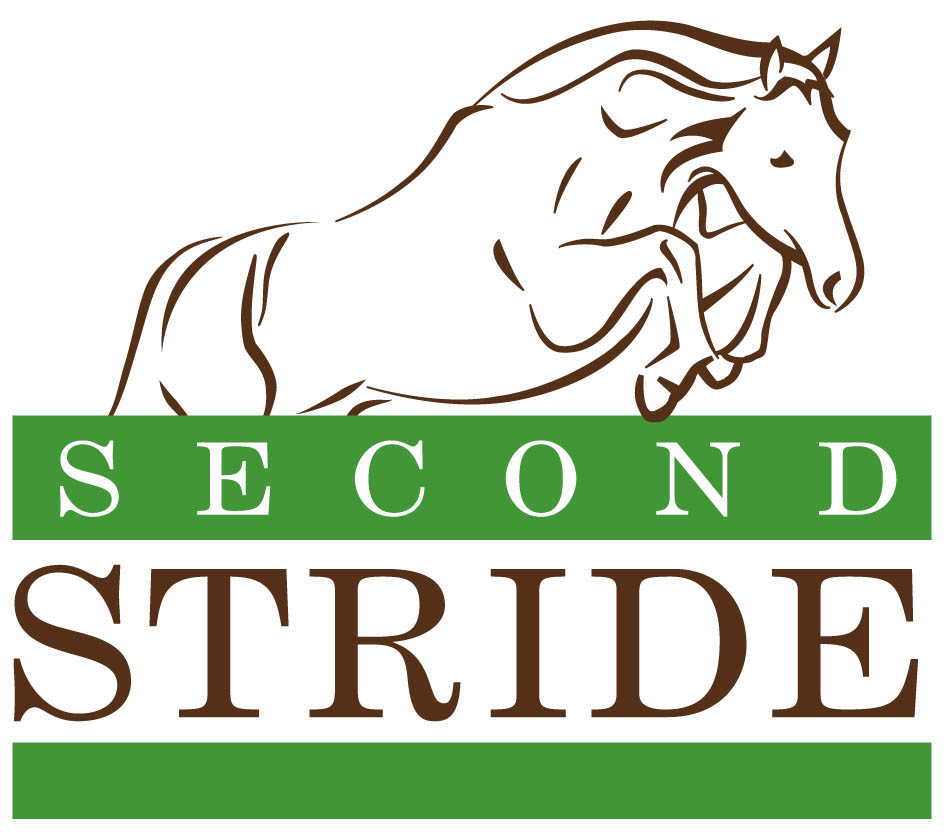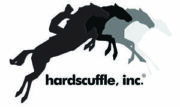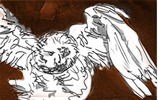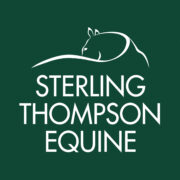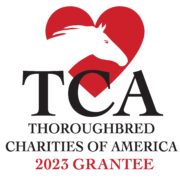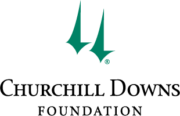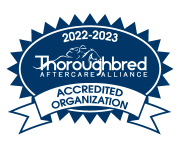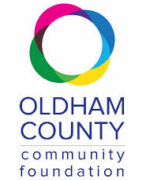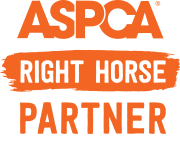If you have any questions regarding donating a horse, our adoption process or retraining program please feel free to contact us at: info@secondstride.org.
If you have a thoroughbred horse that you are trying to sell as a racehorse, to continue a career in racing, please email: MoserwoodFarm@gmail.com.
BEFORE FILLING OUT THE DONATION FORM, PLEASE READ CAREFULLY THE REQUIREMENTS FOR DONATING A HORSE TO SECOND STRIDE:
The horse must be a Thoroughbred, verifiable by Jockey Club certificate of foal registration, a lip tattoo, or pedigree print out that matches the description of the horse.
Equine donations to Second Stride, Inc., will be acknowledged by a contemporaneous letter stating the horse was donated to an I.R.C. § 501 (c) 3 public charity. Donees must consult their experts and advisors to determine the value and deductibility of their donations as relates to their particular situations.
Second Stride accepts Thoroughbreds of any age or gender, keeping in line with our goal of accepting horses that can be transitioned into a new career (optimally in 6 months or less time). Severely injured, ill or dangerous animals will not be accepted. Email or call to see if your horse is eligible for the program.
Donated horses who need extended rehabilitation before they can become useful and adoptable, may be accepted on a case by case basis if the donating owners will agree to make a tax deductible donation to help cover the extended cost of care. This amount would be based on the individual needs, but it is estimated at $600 per month (2-3 months).
Second Stride has a donation form that must be completed prior to arrival and donation. Information on this form includes medical history, vaccination history, disposition history, contact information and the like.
It is the responsibility of the donor signing the information form for the horse in question to be certain all ownership partners are aware of the donation. Second Stride and it’s adopters will not be held liable for any ownership disputes.
Donors must provide transportation for the horse to one of our facilities. Second Stride can help arrange shipping if needed, and at risk horses may be eligible for a special grant funding for their shipping needs.
Second Stride makes every attempt to screen adoptive homes through an extensive application and reference check. The applicants agree to care for and train the horse in accordance with the American Association of Equine Practitioners guidelines.
The approved applicant who adopts a horse may train and sell the horse at their discretion. Second Stride provides some basic retraining of all the horses for their intended use. We strive to place horses with qualified trainers, not amateurs, unless the horse comes into our program already well suited for an amateur.
Adopter-trainers put a lot of time and work into the horses, helping to ensure their first year of retraining goes well. Often after the horse is schooling well at home and shows, trainers sell them to their students or other amateurs. Second Stride encourages these professionals by trying to have a source of useful horses of good mind and body, at reasonable adoption fees. Continued efforts after adoption creates a lifelong, useful body of knowledge for the horses. This helps ensure a safe transition and well adjusted, long term placement.
All of our horses adopt out with a Jockey Club sanctioned “sold as retired from racing” clause that follows the life of the horse. Although not necessary, we do strive to place the horses with their registration certificates. Along with the signed adoption contract, we also stamp the papers with our information and label them “not for race use”. Many thoroughbred lovers enjoy having the actual registration certificates and feel honored to have the famous names in their files. It is very exciting for many to have a certificate that has Secretariat’s name on it, seeing possibly famous race owners, and their horse’s race record.
We also encourage donors to send horses with their leather halter and brass name plate if available. These racing memorabilia are often cherished by the new owners, who often clean the halters and hang them up in their home. Sometimes we forget how lucky we are to have racing legends in our back yard like we do here in Kentucky!
We do try to place mares with their registration certificates so that if a race or show broodmare home is her best option, she can have that to fall back on. There is a growing push in the USA to track all sport horse breeding pedigrees and to give out awards based on pedigrees. The registration can make your donated mare worth more to her prospective adopters, as her parentage is verifiable for restricted show classes.
